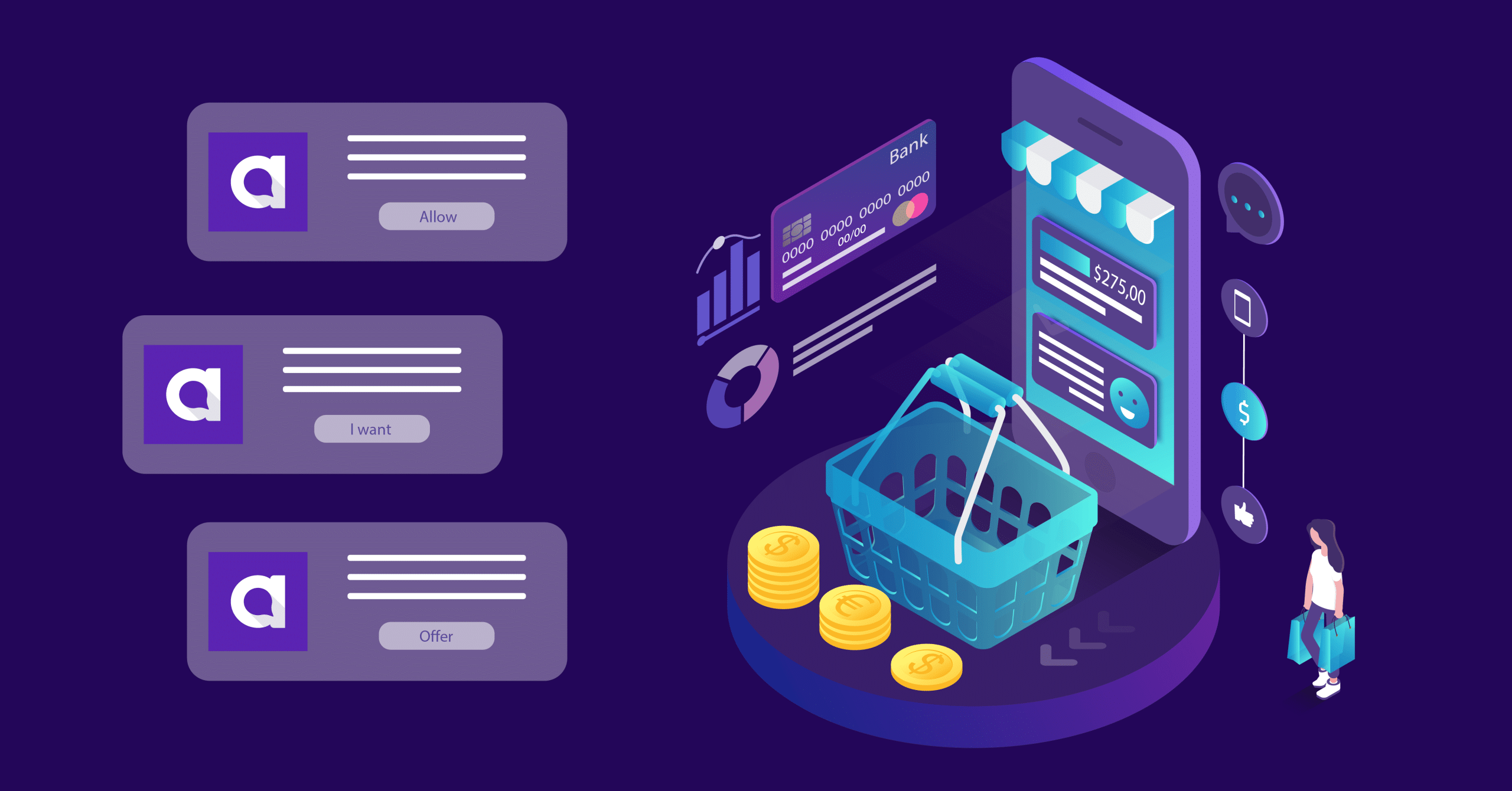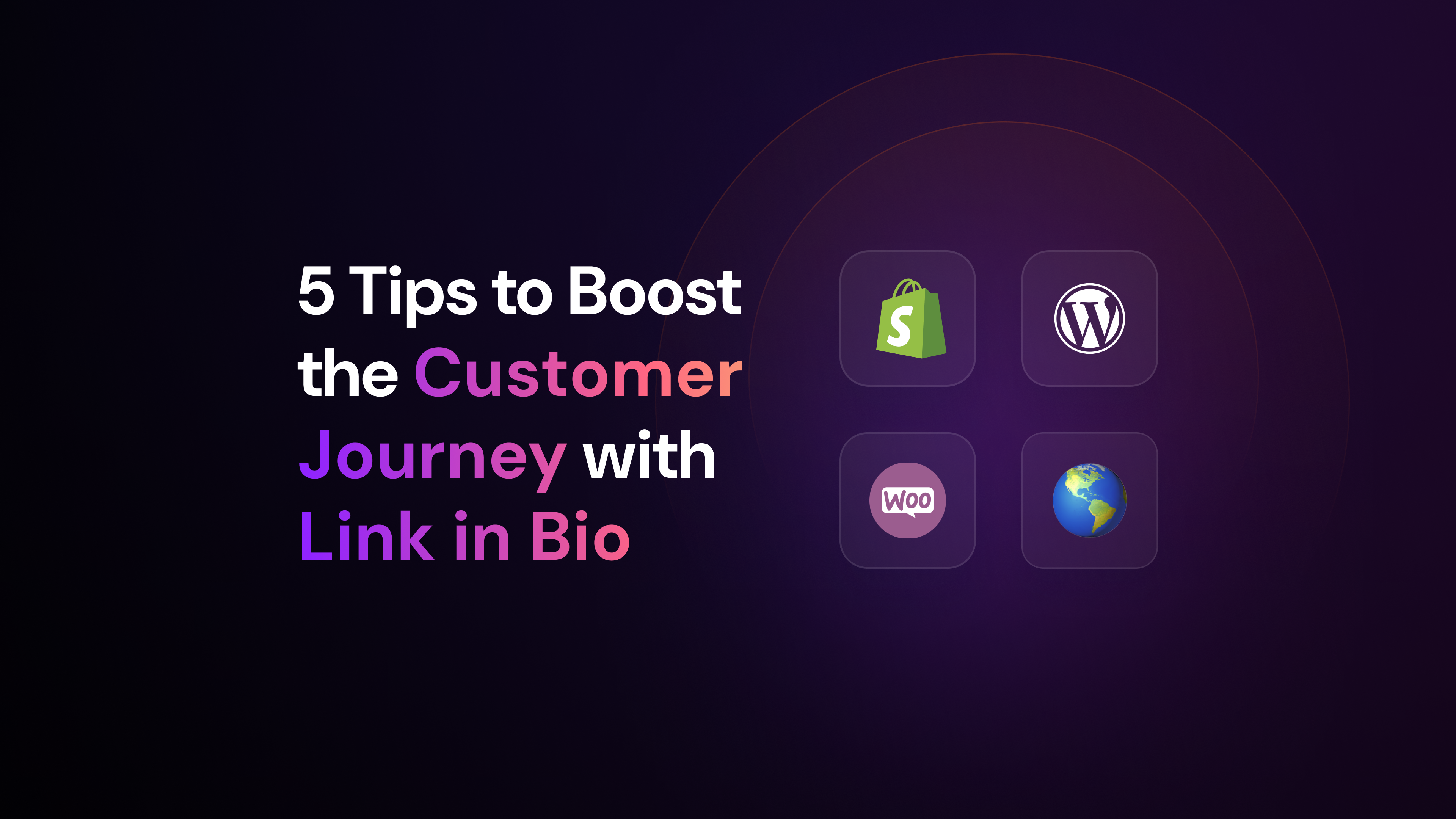No doubt, you have come across Push Notifications within your own daily business and e-commerce needs.
However, you may not be aware of how such a tool is used for communication updates, specifically by internet-based businesses and—most importantly—you may be unaware of the major benefits that push notifications can offer your own business and e-commerce.
Here we will look at a brief history of what push notifications are, and how they best benefit e-commerce within the modern global market.
What exactly are Push Notifications?
First off, let’s be honest. To many people, many traditional web-based marketing formats have become outdated. Email marketing is more often than not regarded as “spam,” and SMS marketing is slowly being phased out by new, modern trends to match updated software and industry standards.
Today, “push notifications” has now taken over as the most reliable and utilized tool for consistent, trusted updates for businesses to “get the word” out in all kinds of industries. For example, if you use online shopping apps, you’ve been using push notifications for the past few years and not been aware of how often.
Over the last few years, the practice of using push notifications as the most powerful and effective marketing tool chosen by online businesses to reach out to their demographic in real-time has become incredibly popular.
Most companies now rely on the push notification method to keep their clientele updated on sales and premiums, ultimately driving more e-commerce conversions.
Thanks to their current popularity, push notifications capture almost double “open and click-through rates” as compared to email. The trend of app-based push notifications is now being followed by “Web Push Notifications,” also known as “Browser Push Notifications—messages or notifications that are delivered to the subscriber’s device in real-time.
The notifications are sent even if the subscriber is not present at your website, making them all the more attractive within the world of e-commerce.
What are the benefits of Push Notifications for e-Commerce?
Just a brief look at some of the most current shopping trends impacting the world of e-commerce can give an idea of the importance of reaching your audience on a real-time basis. Just to list a few statistics, for example:
- 67% of Millennials and 56% of Gen Xers prefer to shop online rather than in-store.
- Baby Boomers spend 4 hours per week shopping online.
- Men and women both report spending 5 hours per week shopping online.
- When shopping online, 48% of online purchasers first turn to an eCommerce store that offers various products.
Of course, all mobile shopping apps first ask for a user’s permission to access their location. If they grant it, you’ll get a great opportunity to personalize the customer experience with location-specific push notifications—another incredible e-commerce benefit unheard of with traditional web marketing. Now, you can target users according to country, state or city.
Moreover, you can alert users to discounts or specials when they’re in a particular location. Push messages based on a user’s location can help you engage users with a high degree of personalization and relevance, while making the potential shopper of client feel as if their unique needs are bing specifically addressed—which, of course, they are.
Are there any drawbacks to Push Notifications?
While it wouldn’t be fair to say that there are any genuine “drawbacks” to utilizing push notifications for your e-commerce needs, it must be considered that some of the flexibility offered to potential customers can also undo some of the “direct” communication that notifications can provide.
For example, it is crucial to remember that push notifications must be manually permitted by each person before your message is allowed to reach them. In fact, Nearly one-third of users disable push notifications—and opting out, or ignoring, push notifications is becoming easier.
Updates to notification settings—like provisional authorization, push notification groupings, and notification center features—mean users have options for de-prioritizing your notifications.
Finally, it must also be noted that most people still prefer emails or ads. Nearly half of users (41%) say they prefer to receive marketing messages via email or mobile ads, while fewer than one in five (18%) prefer push notifications.
Of course, depending upon the generation of users pooled, these number can also reflect the growing popularity of push notifications, as more mobile-based shopping trends evolve.
Arena for all your push notification and e-commerce needs
If you are considering integrating push notifications into your e-commerce practices, and want to make it your goal to reach as many potential clients and customers are modern technology trends allow, then you can truly benefit from using Arena—a state-of-the-art cloud-based marketing platform that can be uniquely catered to all your marketing needs.
At Arena, our mission is to empower media companies to take back ownership of their audience from social networks and grow their community within their own website.
With our cloud-based e-commerce technologies, we enable publishers, media, and broadcasting companies to cover events such as news, sports, finance, and tech. Through powerful AI technology, Arena is capable of aggregate, curate, and distribute content to any device, anytime, anywhere.
Our fully customizable widgets help media companies to increase traffic, engagement and earn revenue. From bloggers to large enterprises, from Oscars to Super Bowl, Arena.im is ideal to manage any type of live experience.
Partnering with the largest media groups, Arena has grown rapidly in over 120 countries and reaches over 100 million monthly page views. Companies such as Microsoft, Turner Broadcasting, and DMG Media count on Arena to increase organic traffic, encourage engagement, and generate revenue directly from our platform.
If you are considering push notifications for your e-commerce needs, as well as utilizing all the new marketing trends as they are developed in real-time, then Arena.im may be perfect for you and your company.
You can also learn more about our state-of-the-art cloud-based software, as well as try it for yourself for free, at Arena.



